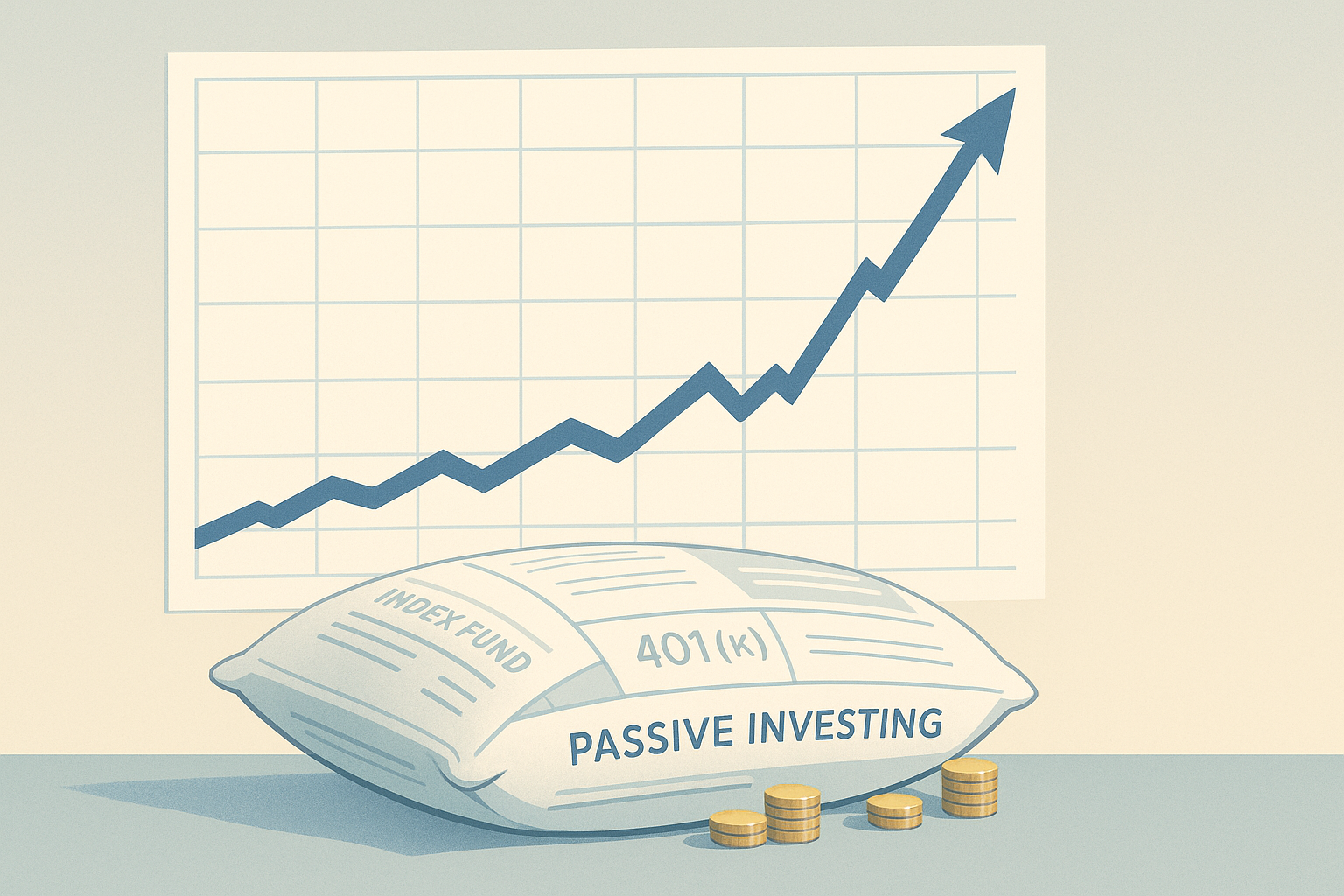The S&P 500 hit another all-time high yesterday. Cue the predictable chorus: "The market is overvalued!" It's become such a constant refrain that I've started to wonder if "overvalued" is just part of the market's formal title now.
Those PE ratios for large caps are hovering around 35. That's not just high—it's astronomical. We're talking two standard deviations above historical averages, which in any statistics class would trigger red alerts and possibly a visit from the department chair.
But here's what fascinates me about our supposedly "overvalued" market: it has this maddening habit of staying overvalued far longer than any rational person would expect. I've covered market cycles since the dot-com days, and this one breaks all the conventional rules.
Why This Time Feels Different
The investing landscape has fundamentally changed. It's not your father's stock market anymore (or mine, for that matter). The democratization of investing through platforms like Vanguard, BlackRock, and dozens of slick financial apps has turned millions of regular folks into index fund buyers who couldn't care less about traditional valuation metrics.
And honestly? Good for them.
Think about it. When your 401(k) contribution hits on payday, does it come with a sticky note saying, "Please sit in cash until the Shiller CAPE ratio looks reasonable again"? Of course not! That money buys whatever slice of the market exists that day, creating what I call a "perpetual bid" underneath prices.
I spoke with several financial advisors last week who confirmed what I've suspected: their clients aren't asking about PE ratios. They're asking why they shouldn't just put everything in index funds and forget about it.
A New Framework for "Fair Value"
Look, we can argue all day about whether markets are expensive by historical standards—they objectively are—but the more pressing question is whether those historical standards still matter in today's environment.
Several structural shifts suggest we might need to update our mental models:
- Interest rates remain relatively low despite the Fed's hiking campaign
- Corporate profit margins have expanded (especially in tech, where asset requirements are lighter)
- Passive investing creates automatic demand completely divorced from valuation concerns
- Retail investors are participating at unprecedented levels
What if this isn't a temporary bubble but rather a permanent repricing of what we consider "fair value" for equities?
I remember making similar arguments in 2018... right before a nasty correction. So there's that.
The Uncomfortable Middle Ground
The truth—and this is where nuance matters—probably lies somewhere in the middle. Markets can be simultaneously overvalued by historical standards AND capable of sustaining these levels for years. It's financial quantum physics: both expensive and reasonably priced, depending on your frame of reference.
Compare today's market to Japan in the 1980s or U.S. tech stocks circa 1999 if you want to see what truly unsustainable valuations look like. Today's market is expensive, sure, but it lacks the same speculative fever. We're seeing elevated (but not unprecedented) earnings multiples applied to companies with actual profits and healthy balance sheets.
Is that a bubble? That's... complicated.
Riding the Wave
The systematic buying from index funds has created what I've started calling the "passive cushion"—a persistent absorption of shares that softens downside volatility. When millions of 401(k)s are buying every month regardless of headlines, corrections tend to find support quickly.
This doesn't mean corrections won't happen. They absolutely will. (I'd bet my last dollar on it.) But their character might be different: sharper, shorter, and less likely to become extended bear markets without serious economic problems.
The great irony? The more investors worry about overvaluation and hold cash waiting for the "perfect entry point," the more they miss out on gains captured by passive investors who never bothered with valuation metrics in the first place.
So will stocks ever be anything other than "overvalued" again? Probably during the next recession. But in normal times, what looks persistently expensive through the lens of 20th-century metrics might just be... the price of admission.
Perhaps it's not the market that needs correction, but our definition of value itself.
